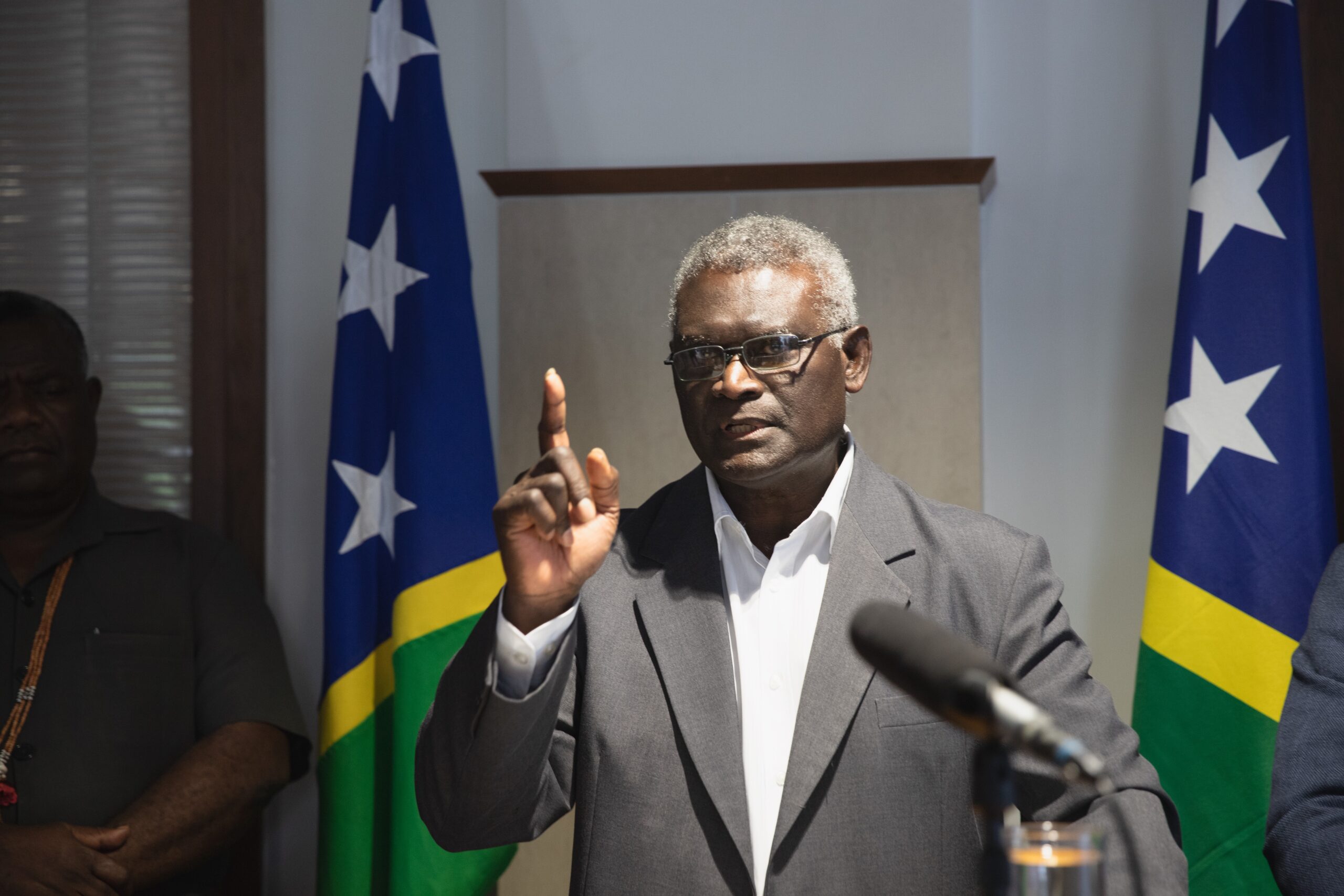
By Charlie Piringi | 𝕏 @cpiringi7
Prime Minister Manasseh Sogavare says most Pacific leaders believe Japan has been holding back on crucial data that are central to its controversial release of treated nuclear wastewater into the Pacific Ocean.
While appreciating Japan’s transparency in sharing the International Atomic Energy Agency (IAEA) report on the matter, he said Pacific leaders are not convinced.
“The point of contention lies in the absence of consultation with Pacific Islands scientists and the withholding of raw data that are crucial to the foundation of the IAEA report,” Sogavare told reporters..
“This lack of consultation and denial of access to essential data raise valid concerns within the Pacific community,” he added.
“This is the stance we, as Pacific Islands Leaders, have adopted.”
Furthermore, Sogavare said Pacific Scientists need to collect their own samples for analyses.
He highlighted the necessity for Japan to share the data with Pacific Islands scientiststo ensure mutual understanding between Japan and the Pacific Islands on the matter.
“They must share the data with our experts, detailing the process leading to the current state of the report.
“We seek the expertise of our own professionals, who, upon reviewing the data, can advise Pacific leaders on the safety of the release.
“The neutrality of that report is questionable. There’s a lack of transparency in their possession of data, and they hesitate to disclose it to our experts.”
Sogavare said Pacific Island leaders will come up with a collective decision once their experts advise them accordingly if ever they get access to the raw data.
He said the issue is slated for discussion at the upcoming Pacific Islands Forum (PIF) meeting in November this year.
Earlier, Nuclear Physicist at the University of Auckland, Dr. David Krofcheck, raises similar concerns in the media.
“My biggest concern is that, just before the Wastewater is released into the Pacific Ocean, that the radionuclides from the damage reactor have not been properly filtered out.
“And I’d like to see maybe the neighboring countries just to build up trust and openness on that, from China, Korea, and the Pacific to have their own scientists there and take their own samples,” Krofcheck said.
Also Dr Karly Burch, a Sociologist at the University of Auckland said, “If you have garbage data, it’s garbage in garbage out. They don’t really tell us enough about the biological and ecological consequences that are of most concern to people in the Pacific or people inJapan living on the coast.”
She calls for collective concerned nations to voice their concerns to the International Tribunal on Laws of the Seas.
“The collective calling now on Pacific governments is to do that. There are many options and the idea is that you would take a case against Japan in the International Tribunal in the Law of the Sea.”
Japan has been defending its decision to release the treated waste-water into the sea, saying the move was based on scientific data and evidence.
Its ambassador to Solomon Islands, Miwa Yoshiaki, said the Japanese government would never allow the discharge of water that would endanger human health and the marine environment.
The International Atomic Energy Agency (IAEA), which carried out extensive study and tests on the issue, has concluded that the treated nuclear waste-water is safe and aligned with international safety standards.

